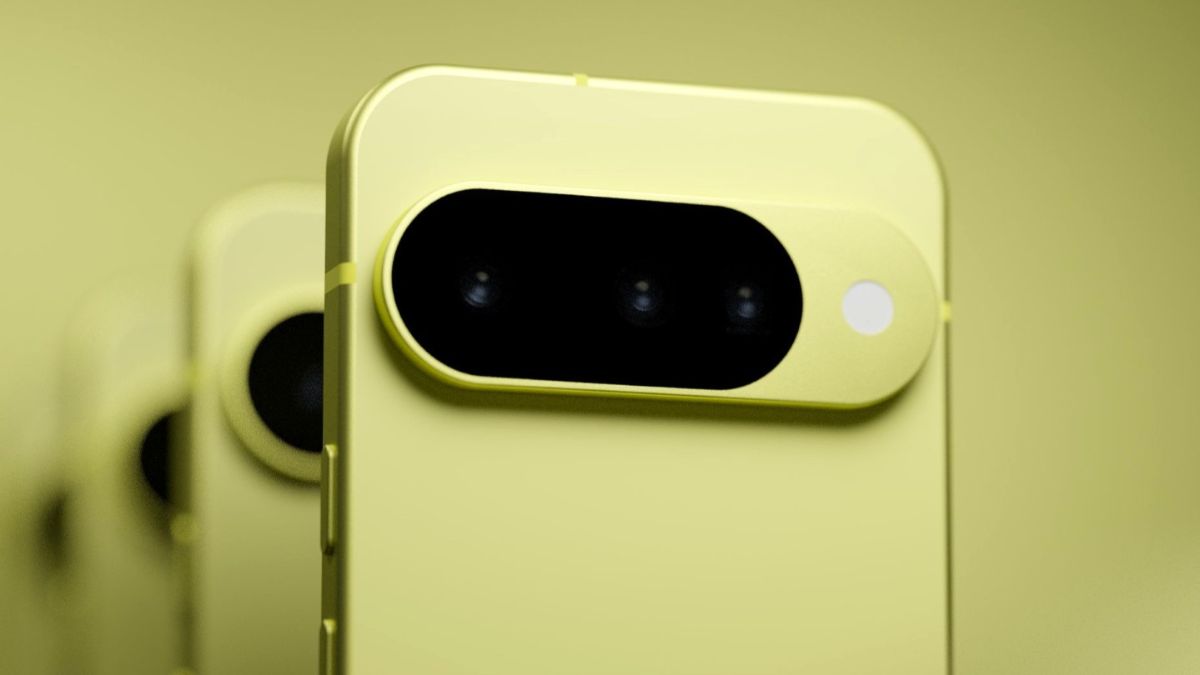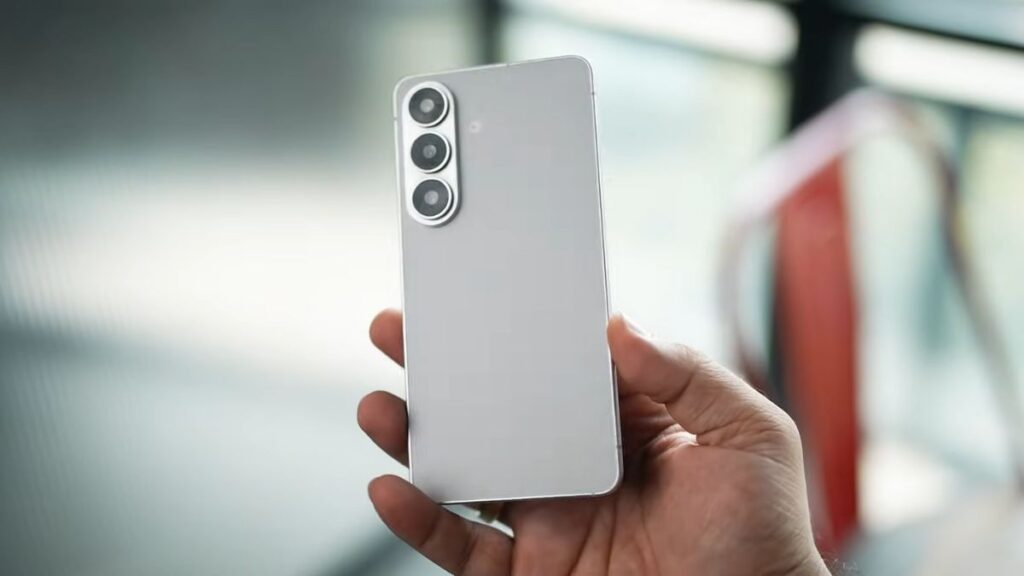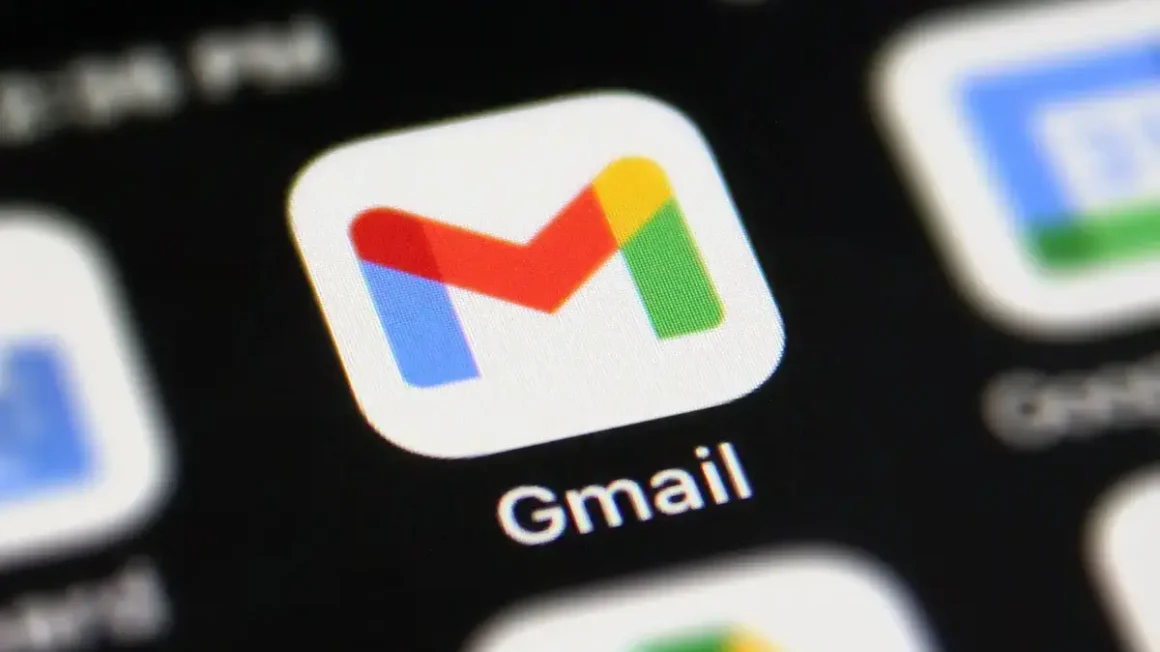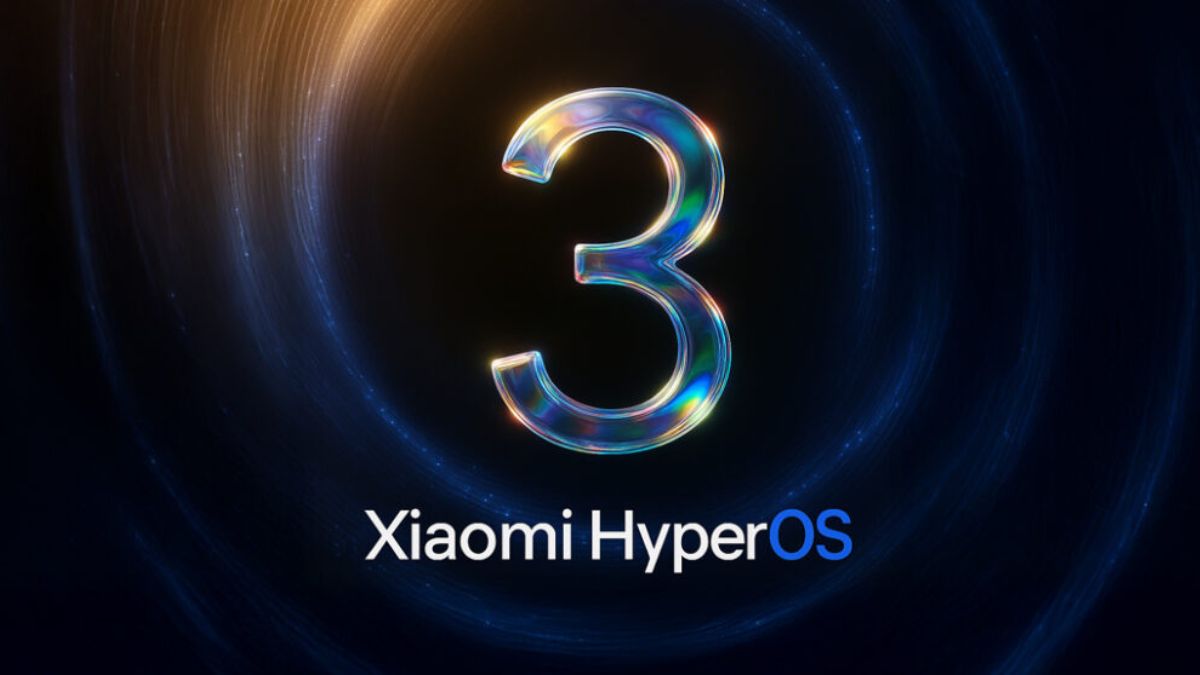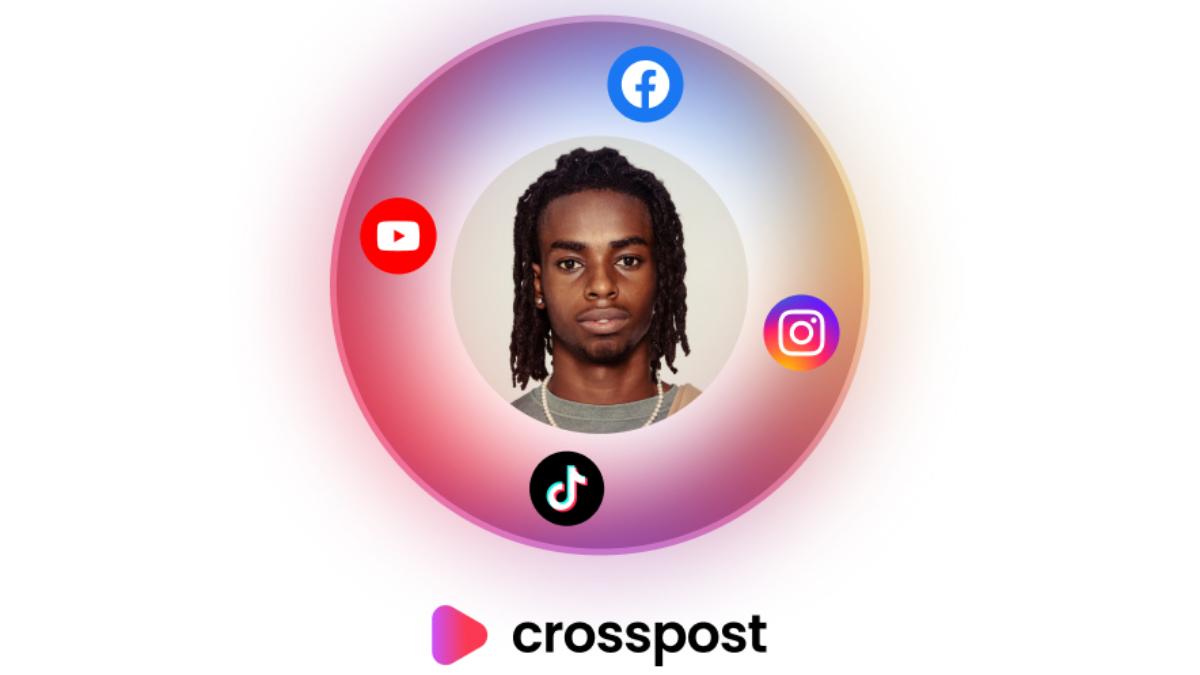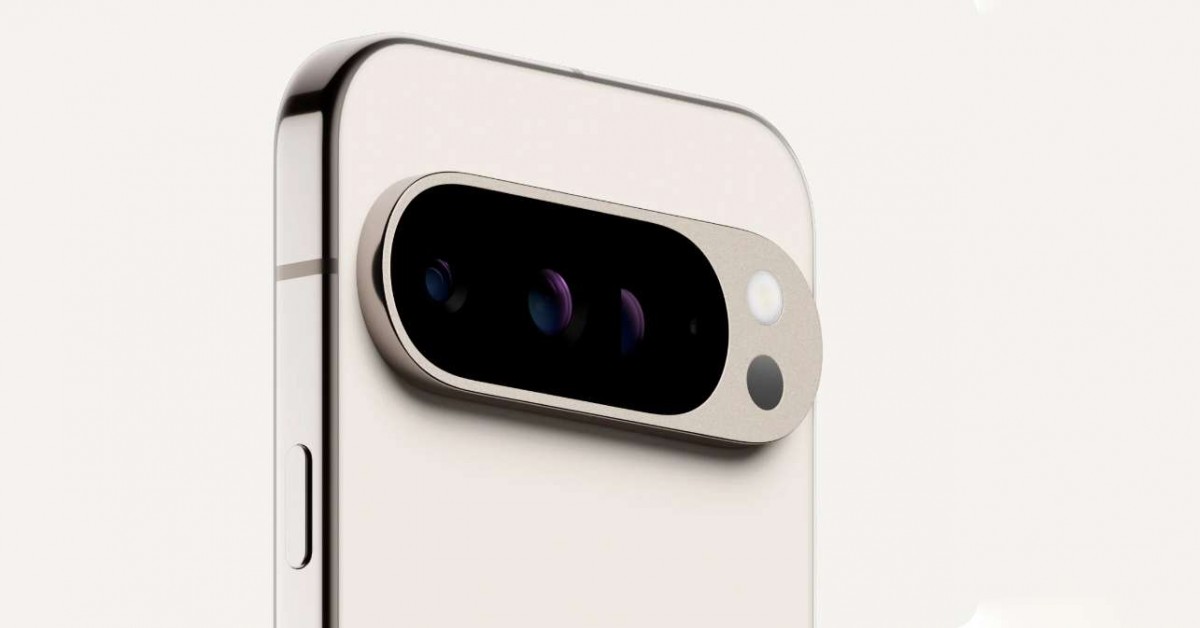As Google rolls out Android 16 to its Pixel devices ahead of other brands, growing concerns are emerging over the future of the broader Android ecosystem. According to cybersecurity journalist Zak Doffman, Google’s control over both the Android operating system and its own Pixel hardware is creating an imbalance that may be harmful to Android as a whole.
While Pixel phones remain a small player in global smartphone sales compared to Samsung or Xiaomi, they are first in line for Android updates, including crucial security and privacy enhancements. This priority access puts other manufacturers, especially Samsung—the largest Android phone maker—at a disadvantage.
For instance, while Google’s Pixel lineup is already running Android 16, many Samsung devices are still receiving Android 15, released nearly a year ago. This delay, Doffman argues, could erode consumer trust in non-Google Android devices, especially as AI-powered features and security patches become more vital with each new release.
Tech site Android Authority recently published a piece comparing Pixel’s software to Samsung’s One UI, with “faster updates” topping the list of advantages. Even as Samsung moves to fix past issues—such as the rocky rollout of One UI 7—there’s a growing recognition that Google’s direct pipeline from software development to hardware gives Pixel an edge that others can’t easily match.
Potential Global Shift in Mobile OS Power
The issue goes beyond software updates. As Google continues to refine Android for its own ecosystem, it risks alienating key partners like Samsung, who may feel increasingly sidelined.
Meanwhile, global competition is heating up. Chinese tech giant Huawei is pushing ahead with its own mobile operating system, offering an alternative to both Android and iOS. As Chinese authorities seek to reduce reliance on U.S. technology, pressure is mounting on other domestic manufacturers to follow suit—potentially leading to a major shift in the mobile OS landscape.
Doffman warns that while Google’s tight integration between Pixel hardware and Android software is beneficial to Pixel users, it could destabilize Android’s collaborative model in the long run. The race for AI dominance and update speed might ultimately force some manufacturers to reconsider their loyalty to the platform altogether.
“Pixel’s unbeatable upgrade system may be great for Google,” Doffman concludes, “but it could be even worse news for Android.”

